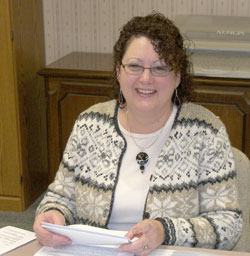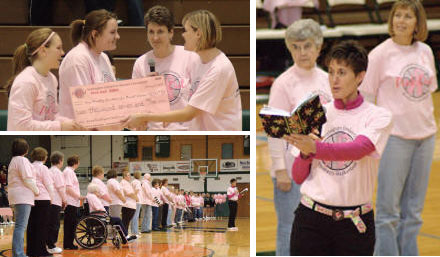05 Feb Several Health Concerns
 Harold Wust
Harold Wust
Harold Wust has been diagnosed with leukemia. Harold and his wife, Dee, served as missionaries in Honduras, and Harold later served many years as Associate Director of Missions. They live in Huntington, Ind., and attend Good Shepherd UB church.
The report this week is that his liver and kidneys are doing well. The chemotherapy is over. Now, they must wait to see if it worked. If it did not, they will not do another dose of chemo. He would not survive it. We have to pray that the chemo worked and for daily continued strength.
Harold could use cards of encouragement and very brief visits. And your prayers. You can contact Harold in these ways:
Email: [email protected]
Mail: Harold Wust
5320N – 200W
Huntington, IN 46750
Wilmer Houck
 Wilmer (Bill) Houck, pastor of Coleta UB church (Coleta, Ill.), is in Texas for 5-9 weeks of “stem cell” treatment. He drove to San Antonio on Monday, and his treatments started Tuesday.
Wilmer (Bill) Houck, pastor of Coleta UB church (Coleta, Ill.), is in Texas for 5-9 weeks of “stem cell” treatment. He drove to San Antonio on Monday, and his treatments started Tuesday.
He can be contacted here:
Wilmer Houck
3809 Pine Hill Road
Sterling, IL 61081
Email: [email protected]
Barb Osgood
Barb Osgood, former missionary to Sierra Leone, will undergo exploratory surgery on February 11 to determine the cause of a large amount of fluid accumulating in her abdomen. The fear is cancer, but we won’t know till after the operation.

 Jane Seely has joined the staff of Healthy Ministry Resources. She is pretty much taking the place of Phylis Stouder, who retired at the end of the year but who still comes around quite a bit to help out. Jane works with the bookstore to ship Sunday school literature and other materials, and also does miscellaneous stuff around the office.
Jane Seely has joined the staff of Healthy Ministry Resources. She is pretty much taking the place of Phylis Stouder, who retired at the end of the year but who still comes around quite a bit to help out. Jane works with the bookstore to ship Sunday school literature and other materials, and also does miscellaneous stuff around the office.